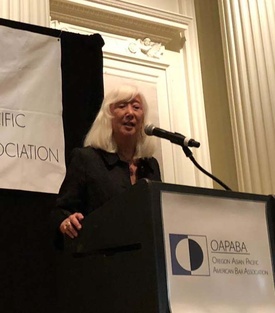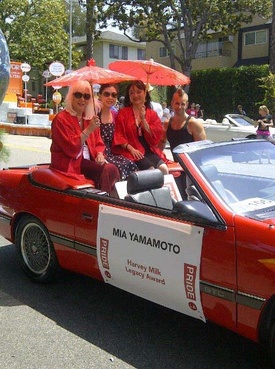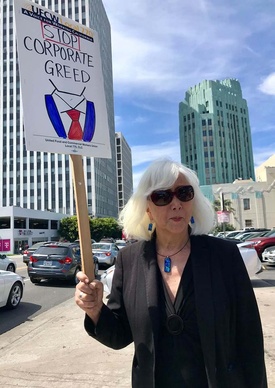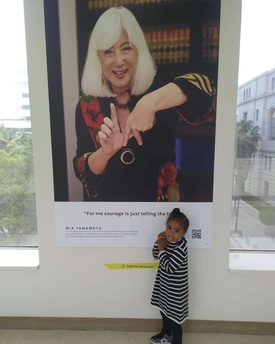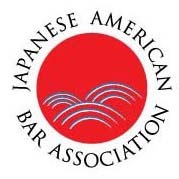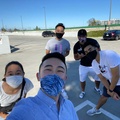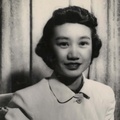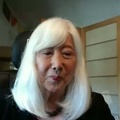After law school, Yamamoto began working for legal aid and eventually worked as a public defender for the Los Angeles Public Defender’s Office. One issue that had a major influence on her while working as a public defender was the death penalty. Yamamoto worked to abolish the death penalty, a rule that she found to be unfair and something that gave too much power to people in the justice system. Yamamoto believed that the justice system did not have enough precision or reliability to allow humans to have the confidence to make a decision about whether or not a person deserves to die. When California reconstituted the death penalty, she fought against it. By doing so, Yamamoto received a multitude of backlash responses from the right wing Republicans.
In fact, she was in the minority in her opinion, as only three Supreme Court Justices were against the death penalty at that time. Nevertheless, she fought against the reinstitution, and was able to gain the support of many Asian bar associations. She connected the Asian American bar associations with each other, unifying and strengthening the voice of the Asian American community. Her initiative made Yamamoto one of the first to promote and encourage unity between bar associations, and her work contributed to the creation of the Asian Pacific American Bar Association that exists today.
Although she was not able to prevent the reinstitution of the death penalty, through her activism, she was able to give voice to and represent what she felt was right. She has always believed that fighting for what one believes in is the most important thing in life. No matter what happens, one must always continue to fight for the common good of the community, because complacency is complicity.
Throughout her years as a public defender, Yamamoto worked tirelessly for her clients. Yamamoto has said that as a public defender, it was her against the world, and oftentimes she was assigned tough cases with tough clients. From her experiences, she learned how to work with whatever she had, and always did everything in her power to maximize her client’s chance of receiving justice in any case, putting her client’s needs first.
She cared so deeply for her clients that she postponed her transgender transition for many years, because she felt that it would hurt their cases. Yamamoto explained that coming out as transgender would create too much of a shock to a jury because her physical appearance would change completely and she did not want the jury to harbor any bias or prejudice towards her clients in any way. This was one of the main factors that prevented her from transitioning until later in life.
Yamamoto explained that the urge to come out as her true self was something that continually became stronger as she grew older. When she turned 60, she decided to come out as her true self, a woman. She remembers specifically that on that birthday, she had thoughts about her father, who had passed away at the age 54. Because her father had passed away at an early age, she thought that she would never make it to 60. In fact, she worried that she would not live long enough to undertake her transition. So, upon turning 60, she immediately knew that she had to take advantage of the opportunity that life gave her and do the transition.
After her gender transition, she knew that there were going to be obstacles. But true to herself, she used this opportunity to be an inspiration and example for future Asian American transgender lawyers. Using the oppression her family had faced during the incarceration and the experiences, insight, and awareness she had gained throughout life, she was ready to take on whatever hardships she would have to face as a transgender attorney.
Today, in 2020, Yamamoto has her own private practice and continues to be involved in social justice movements. Yamamoto was one of the first individuals to be a part of the Black Lives Movement and continues to march with them as they aim to create equality. She resonates with this movement because she believes that everything that one should do, should always be for the advancement of the common good. This is an idea that she believes should always be kept in mind, especially, when talking about communities of color.
In addition, as a Japanese American, she has always felt that although her struggles may not compare to those of the Black community, she is able to relate to their discomfort and difficulties because the Japanese Americans have been a part of a similar struggle. She has stated, “we are all one people” and that Japanese Americans should stand by all minority groups to achieve equality. Due to our history, we have this knowledge and insight into oppression, which we should use for the benefit of all. Yamamoto often highlights a quote from Frederick Douglass, which states, “that which we do for others is where we will find our nobility.” She explains that it is easy to advocate for our own ethnic groups, but in order to make a difference and change, we have to support other groups first.
In my final question, I asked Yamamoto, “What is your ultimate vision for the Nikkei community in the future?” Yamamoto responded by saying, “My ultimate vision for our community is for it to be aligned with all the other communities of color, with all oppressed communities, with all marginalized communities, and for our community to embrace the LGBT community in ways that it never has been before, and for us to be allies to the Black community and the Brown community like we've never been before.
Throughout her life, Yamamoto has fought for change and represented those who did not have a voice to represent themselves. Her ultimate vision for the Nikkei community exemplifies that she believes in creating something much bigger than ourselves. A change that unites all people and does not merelyadvocate for ourselves. In all that she has done, she has fought battles to achieve her vision. No matter what the outcome, she never backed down from advancing towards the common good. As a transgender female and an Asian American attorney, she has broken barriers that society has tried to impose on her and strengthened the voice of the Nikkei community and all minorities alike, in their quest for equality.
Through it all, she has never forgotten her identity and her Japanese American heritage. To this day, Ms. Yamamoto is active in the field of social justice, working closely with the Japanese American Bar Association and all minority bar associations to champion the cause of racial equality. As a transgender Asian American attorney, she has brought together minority groups to give them a greater voice, and paved the way for others to stand up for individual rights, to empower generations to come. She remains a leader and an icon, not only in the criminal justice system, but in the Nikkei and minority communities as well, and is an example of what can be achieved when one stands up for others, and the strength that can be achieved by coming together for a common cause. This is her impact and a legacy that will forever be remembered by the Nikkei community.
There are so many more stories that I wish I could’ve shared in this article, and I highly recommend checking out my full interview, which will be published on Discover Nikkei in near future. Yamamoto has opened doors so that others have opportunities that were once thought to never have existed. Since I started this excerpt with a quote, I would like to end it with another quote from Yamamoto, that will serve as a parting message from her.
“To deny the scars that remain is a bad choice because these things are part of the legacy that we carry forward, and if we don't recognize the harm that is done, the suffering that was inflicted, then we have no way to grasp the suffering that is being inflicted now.”
* * * * *
The Japanese American Bar Association (JABA) Legacy Project creates profiles of prominent jurists, legal legends and leaders in the Japanese American community through written articles and oral histories. In particular, these profiles pay special attention to these pioneering jurists’ reflections on JABA, their distinguished careers, and their involvement in the Japanese American community.
This is one of the main projects completed by The Nikkei Community Internship (NCI) Program intern each summer, which the Japanese American Bar Association and the Japanese American National Museum have co-hosted.
Check out other JABA Legacy Project articles published by past NCI interns:
- Series: Pioneering Jurists in the Nikkei Community by Lawrence Lan (2012)
- Series: Legal Legends in the Nikkei Community by Sean Hamamoto (2013)
- Series: Two Generations of Pioneering Judges in the Nikkei Community by Sakura Kato (2014)
- “Judge Holly J. Fujie—An Inspirational Woman Who Was Herself Inspired by Japanese American History and Community” by Kayla Tanaka (2019)
- “Patricia Kinaga—Attorney, Activist, and Mother Who Has Given a Voice to Those Who Don’t Have One” by Laura Kato (2021)
- “Justice Sabrina McKenna—The First Openly LGBTQ Asian American to Serve on a State Court of Last Resort” by Lana Kobayashi (2022)
© 2020 Matthew Saito


